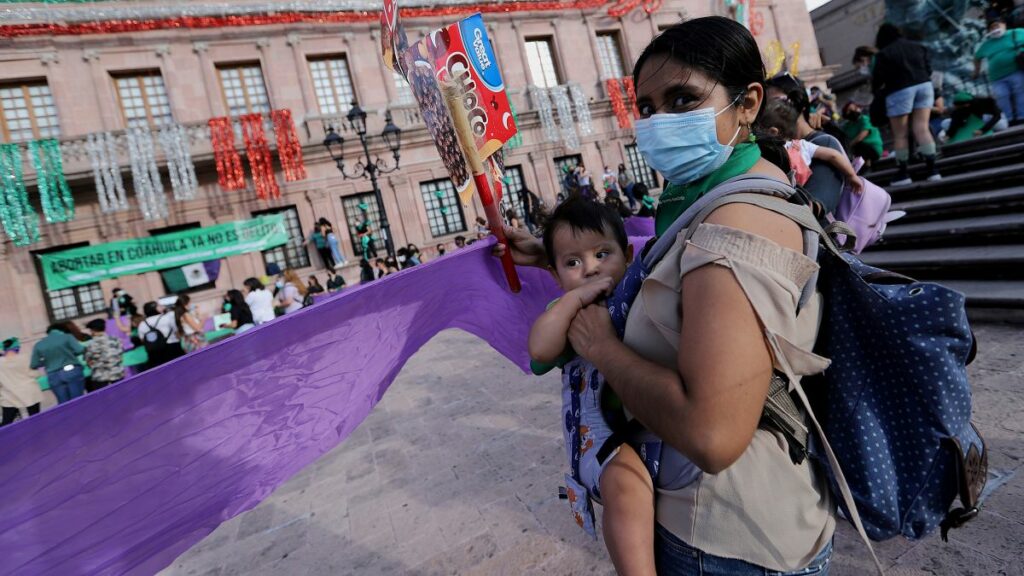Analysis: Mexico’s abortion ruling could make waves beyond its borders

But the shockwaves sent across the region by the court’s abortion ruling will be felt for years to come.One women’s right leader consulted by CNN says the unanimous ruling, which found penalizing abortion to be unconstitutional, could make Mexico a destination for women from the US — where abortion was recently strictly limited in However, it sets a powerful precedent for the rest of the country, which the Supreme Court justices acknowledged as they took the decision. Ana Margarita Ríos Farjat, one of only three women on the bench, also spoke forcefully against the Coahuila law before casting her vote. “I’m against stigmatizing those who make this decision [to undergo an abortion] which I believe is difficult to begin with, due to moral and social burdens. It shouldn’t be burdened as well by the law. Nobody gets voluntarily pregnant thinking about getting an abortion later,” she said.”Never again will a woman or a person with the capacity to carry a child be criminally prosecuted,” later concluded Justice Luis María Aguilar, praising the ruling as “a historic step.”The ruling received high praise by women’s and reproductive rights groups, but was blasted by conservatives and the Mexican Catholic Church. While the court seems to have decidedly moved to the left, the country remains polarized. Mexican public opinion is still deeply divided on the issue on abortion.Polling conducted before the decision by national newspaper The day after the ruling, Eduardo Verástegui, a Mexican actor-turned-conservative-activist, criticized the court’s decision in an The ruling could mark a turning point for the greater Latin American region, which the Inter-American Dialogue, a Washington think-tank dedicated to the analysis of international affairs in the Western Hemisphere, describes as “one of the most restrictive regions in the world when it comes to reproductive health laws and policies, particularly abortion.”Abortion is entirely prohibited in Nicaragua, Honduras, El Salvador, Haiti, Jamaica, Dominican Republic, and Suriname, according to a February analysis by the organization. The same analysis notes that abortion is allowed in several countries only under strict conditions — typically when the pregnancy is the result of rape, involves a fatal fetal anomaly, or poses a health risk to the mother’s life — and is allowed “on demand” in Uruguay, Cuba, Guyana, French Guiana, and Argentina.







